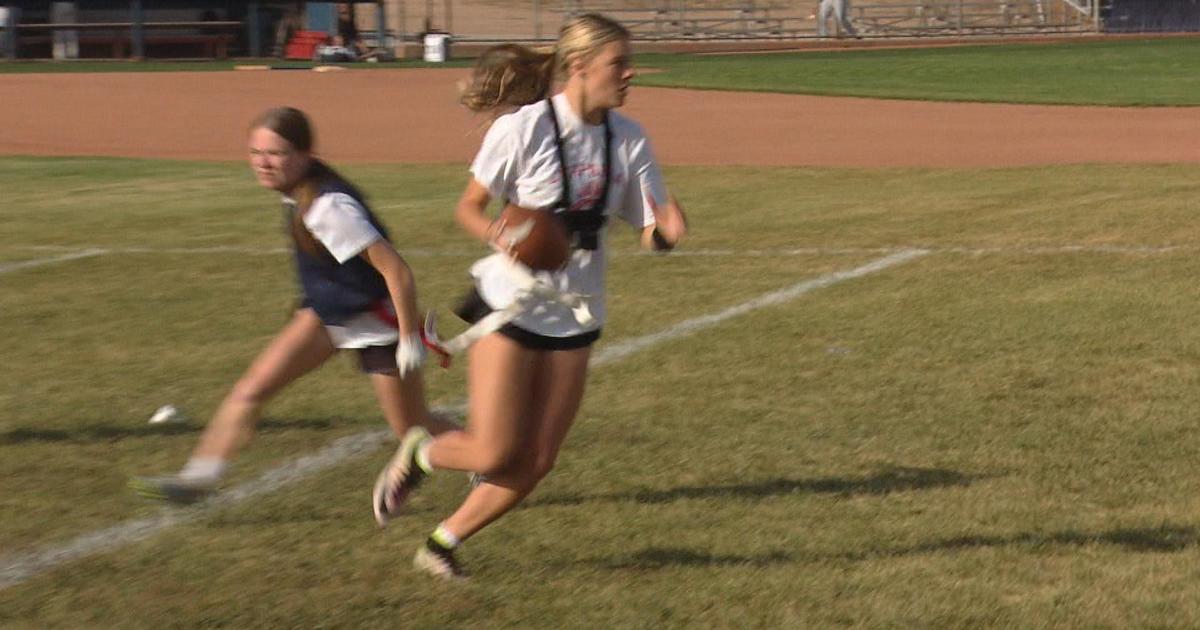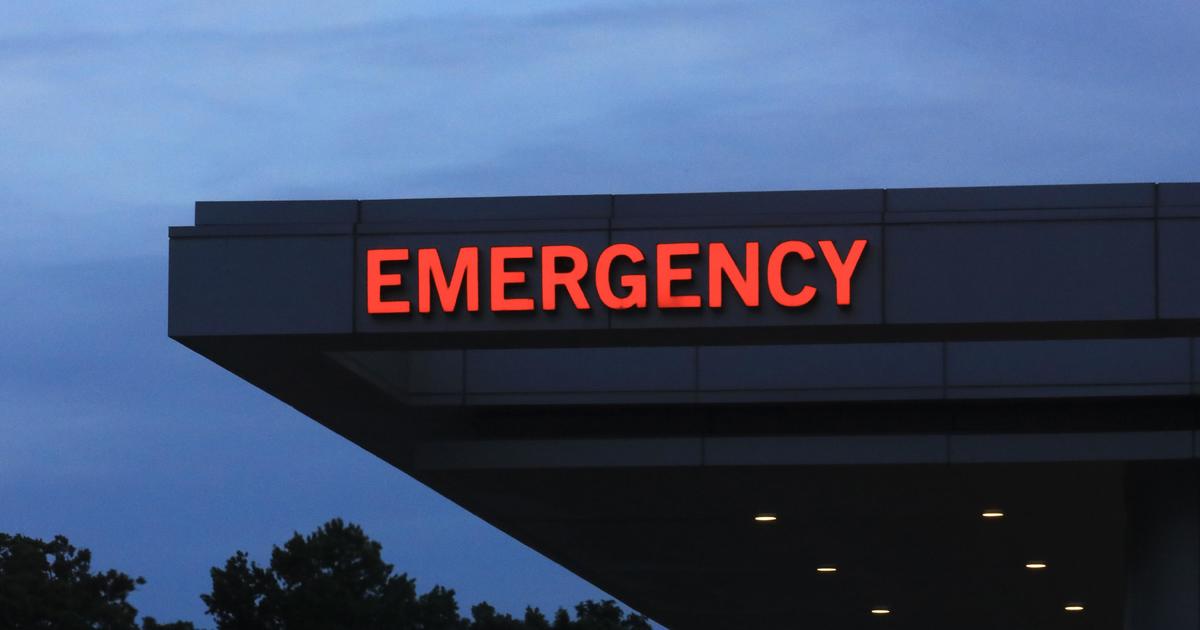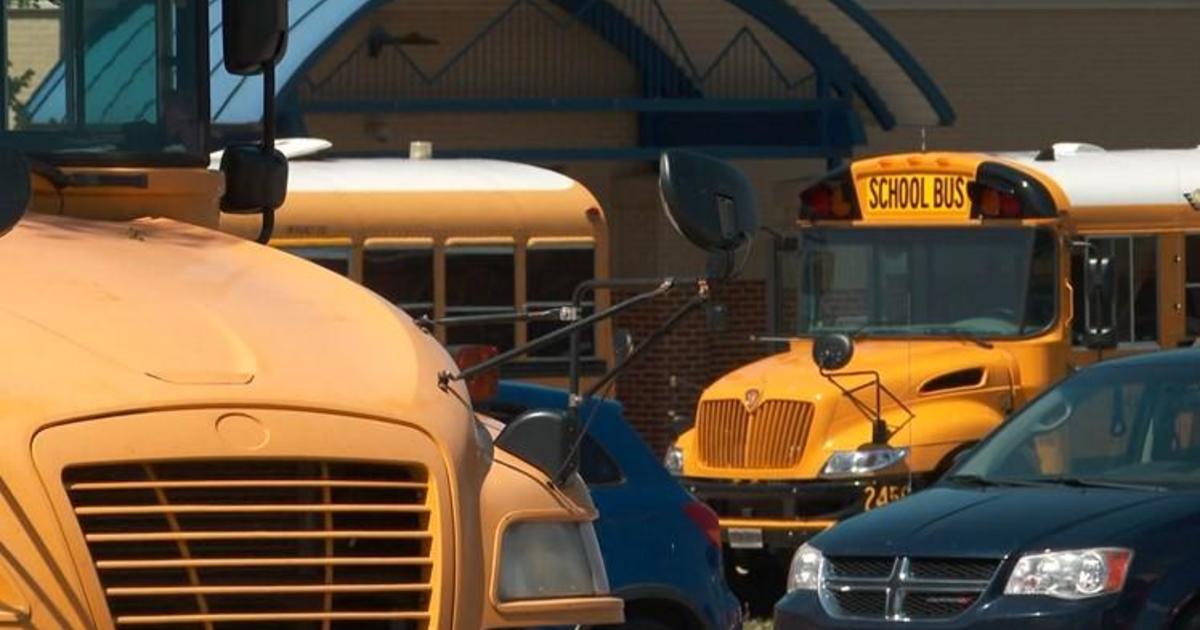Coppin State Univ. Works To Improve Graduation Rate
By DANIEL de VISE
The Washington Post
BALTIMORE (AP) -- Few American colleges would mark a 15 percent graduation rate as a turning point.
But at Coppin State University, 15 percent is two points better than last year's rate -- a first, tentative step out of the
graduation gutter.
Coppin, a historically black institution founded in 1900 at what was then called Baltimore's Colored High School, has the lowest graduation rate of any traditional public college in Maryland.
In the past 10 years, the quotient has declined from the mid-20s to the mid-teens.
Now, Coppin is two years into an ambitious data-driven plan to rebuild. The institution has an attentive president, Reginald S. Avery, and an energetic vice president of enrollment management, Reginald Ross, who vows to more than double the graduation rate for the students who entered Coppin this fall. Already, rising student retention rates give him cause for hope.
"We often get told we aren't moving fast enough. And it's frustrating, because I know how hard I work," Ross said. "It's
hard to be patient when the numbers are what they are."
Coppin has the lowest graduation rate in the state system partly because it attracts the least-prepared students. Top black students from Baltimore city schools are lured to the University of Maryland or the University of Maryland Baltimore County. Three-quarters of those who enroll at Coppin require academic remediation.
Still, the school faces increased pressure to repair its fractured diploma pipeline, a priority driven by new state and
federal graduation targets.
The University System of Maryland pledged to halve its "graduation gap" by 2015, which means narrowing the 21-point
spread between completion rates for underrepresented minorities and other students. President Obama wants the nation to regain the world lead in college attainment by 2020. The United States has slipped to 16th place among developed nations in its share of young adults with college degrees.
Twelve percent of freshmen at the University of the District of Columbia graduate within six years, according to a Washington Post analysis of completion rates for three recent class years. The graduation rate is 32 percent at Norfolk State University, 34 percent at Morgan State in Baltimore and 36 percent at the University of Maryland Eastern Shore.
All four are historically black institutions.
High schools with low graduation rates are tagged, catalogued and sanctioned as well as threatened with state takeover if they do not improve. By contrast, colleges with low graduation rates have mostly been left to their fates.
Higher education is "the land where everyone's a winner," said Amy Wilkins, chief spokeswoman for the Education Trust, a nonprofit group devoted to closing race-based achievement gaps. "The status and reward system that these universities have lived in isn't based on success."
Coppin has followed a 10-year-old revitalization plan initiated by Maryland's state university system. The plan includes five broad recommendations -- and 35 specific ones -- to improve student success. Raising the graduation rate is not among them, however.
Avery, who became president of Coppin in 2008, was not assigned a specific goal for the school's graduation rate. But "he knew that his job -- job one, job two and job three -- was to get the graduation rate up," said William E. Kirwan, chancellor of Maryland's university system.
Avery hired Ross, the central character in his bid to rebuild Coppin's retention and graduation rates.
Ross said he wants to raise the school's six-year graduation rate to at least 35 percent -- his personal goal is 42 percent -- for the class that entered Coppin this fall.
"This is the only sector I can think of where you can have a 30 or 40 percent success rate and people will be slapping you on the back," Ross said.
Ross has reason for optimism. The freshman retention rate, the share of students who return to Coppin for a second year, has risen from 62 percent in 2008 to 66 percent in 2010. Ross predicts that it will jump to 75 percent for current freshmen.
The reason is SASA -- the Summer Academic Success Academy, a six-week academic boot camp for incoming freshmen.
Each day is programmed from 7 a.m. to 10 p.m. Students amass academic credit, catch up on course work and learn their way around a college campus.
In 2010, all Coppin students in need of academic remediation were required to attend. Seventy-five percent returned as
sophomores.
This summer, Ross expanded the program to all incoming freshman.
"It was a great transition from high school to college," said Myia Harris, 18, a freshman from Prince George's County. "They taught us time management. They put us on a strict schedule."
Opinions vary on whether Coppin's new graduation campaign is sufficiently broad.
Faculty leaders say they have not been invited to participate.
Students say too many courses are taught by part-time professors. A few initiatives are running behind, partly because the school has had four provosts in four years.
But students see signs of change.
One of Ross's first reforms was to create a centralized customer-service operation, a place students with any logistical
problem could go. At the new Student Success Center, the goal is to answer every customer's question in seven minutes.
Some problems take longer. Last week, Terri Hackett, the center's director, was helping a freshman find somewhere to live.
Coppin students tend to come from families whose personal and financial details don't fit neatly on government forms.
Four-fifths of the financial aid applications completed by Coppin students are flagged for irregularities, sometimes for an
ambiguous home address or a missing signature.
When he arrived on campus, Ross set about finding seniors who had not registered for their final year of classes.
He found many students fending off collection agencies: With overdue tuition bills, the students were forbidden to contact the school, and Ross was forbidden to contact them.
"It's not a structure that supports retention," he said.
He also learned that Coppin students were not required to meet with advisers before registering for classes. Some would take too few credits. Others would take too many.
"Our students, they work 40, 50 hours a week, and then they try to take a full load of courses," said Nicholas Eugene, president of the Faculty Senate at Coppin.
Now, students must consult their advisers before they register.
Ross has planted postcards and posters around campus printed with a mathematical formula: 15 x 8 (equals) 120.
It reminds students how many credits they must take to finish in four years.
Ross has raised Coppin's admission standards, elevating the minimum SAT score from 780 to 820 out of a possible 1,600 points in reading and math and lifting the required grade-point average from 2 to 2.2.
Freshmen men now meet weekly under the Freshman Male Initiative, another new program, to talk about keeping grades up, dressing right and staying organized.
"Time management plans. How are they coming along?" Steve Delice, a recent Coppin graduate who runs the program, asked several dozen students on a recent afternoon.
"We are not here to fail," Delice told the group. "We did not come to college for that."
Information from: The Washington Post, http://www.washingtonpost.com
(Copyright 2011 by The Associated Press. All Rights Reserved.)



